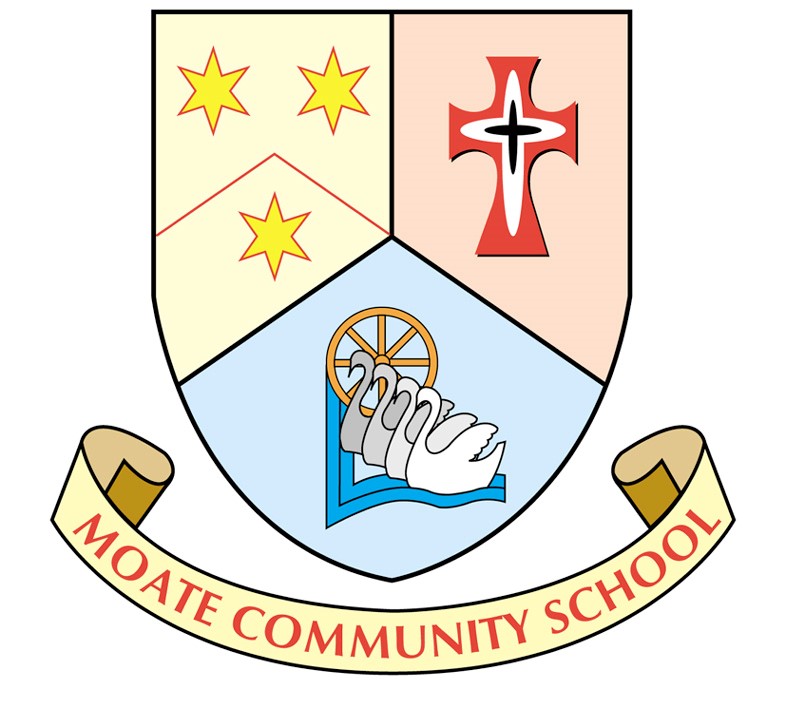Eight project groups will be presenting their scientific investigations at the BT Young Scientist and Technology Exhibition in the RDS 10th – 13th January 2024. A total of twenty students have been diligently preparing their projects including experiments, videos and posters to demonstrate their work to the judges.
Four TY Projects:
5G radiation: A Help or Hindrance to Biological Processes? – Seára Henson and Eva Fox
Seára Henson and Eva Fox are investigating how radiation produced by 5G technology affects flora and fauna. They are exploring the germination rate of cress seeds, the survival rate of Daphnia and response of woodlice using choice chambers. To determine the extent of radiation exposure locally, they are measuring radiation around home Wi-Fi and local 5G telecommunication masts using an EMF E(lectroMagnetic Field) meter.
Developing Ash into an Environmentally Friendly Fertiliser -Kate Nally and Darragh Kennedy
The students are using ash produced in their homes to create a sustainable fertiliser for growing grass and other produce. They are producing and testing beads containing ash from wood, coal and turf. Their fertiliser could be used as a low-cost alternative to artificial forms of nitrates and phosphates.
Lead busters: Harnessing Woodlice for water cleanup in developing countries- Cíoná Lawless, Lauren Fox and Niamh Heduvan
Cíoná Lawless, Lauren Fox and Niamh Heduvan are investigating the removal of lead from contaminated water, particularly in Zambia. They are designing a filtration chamber containing soil, woodlice, snails and charcoal. They hope to produce an efficient and sustainable way to detoxify water in developing countries.
Banana Bandages: A Sustainable Approach to Wound Care- Rachel Hamm and Ella Ryan
In their project, Rachel Hamm and Ella Ryan are developing a biodegradable bandage from banana plant waste materials, as well as using essential oils to enhance antibacterial properties. Their planet-friendly banana bandages will effectively reduce the plastic waste produced by current band-aids.
Second Year Projects
BioGuard: A Sustainable Weedkiller for the Future – Leah Winters, Millie O’Donovan and Lilly Daly
These students are investigating an effective dual action weed killer ‘Bioguard’ made from plant waste such as fermented potatoes. This sustainable weed killer which can be safely used in Irish gardens will reduce the use of glyphosate-based weed killers which studies have shown to be carcinogenic.
Ewe Alert: A Warning Device to Notify Sheep Farmers of Dog Attacks -Domhnall Molloy, Kerry Sun and Terry Heffernan
In their project, the students are designing ‘EweAlert’, a system which monitors the step count of sheep. If the EweAlert detects a high step count, e.g. in the case of a dog attack, it sents a text message to the farmer alerting him of the situation and thus reducing the loss of valuable stock. The EweAlert system includes an Accelerometer, Arduino and GSM module.
Fowl Play: Investigating the Effectiveness of Improved Husbandry and Diet at Reducing the Bacterial Contamination of Eggs -Sibéal Egan and Doireann Naughten
The students are using hen food additives, such as blueberries, sauerkraut, pickles and bedding types such as straw, shredded paper and reeds to reduce bacterial infection within eggs and the risk of Salmonella. The students have tested the food and bedding additives on their own hen flocks.
Optimising Hydroponics for Use in Developing Countries– Laura Fox, Lucy Keane and Niamh Noone
In their project, Laura Fox, Lucy Keane and Niamh Noone are developing a closed hydroponic system to improve yield and nutrient content of crops. This system will minimise water demand through recycling of household waste water, benefiting regions facing drought particularly African countries like Ethiopia.
The Moate community wish MCS students every success with their projects at the exhibition in January.




